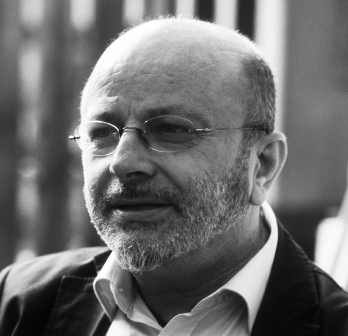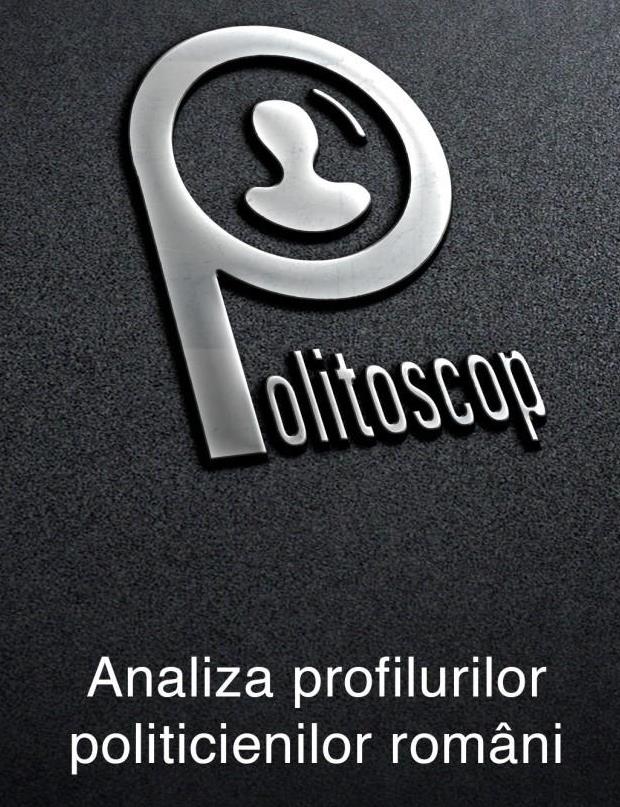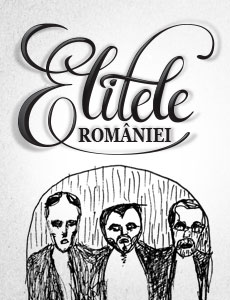The Utopia of Theatre and the Forms of Stage (Re)Construction
L’Utopie du théâtre et les formes de la (re)construction scénique
International Conference/Conférence internationale
Universitatea de Arte din Târgu-Mureș//Marosvásárhelyi Művészeti Egyetem
19-22 November/novembre 2013
Academic Committee/Comité scientifique
Sorin Antohi (Chair/Président), Jákfalvi Magdolna, Sorin Crișan, Demeter Júlia,
Ungvári Zrínyi Ildikó, Egyed Emese
In the sixteenth century, “utopia” was the name of literary and philosophical works which imagined a human-friendly world, such as the book of Thomas Morus, where fifty-four towns, built according to an ideal blueprint, could shelter the dreams of universal welfare. Nowadays, like then, the most distinctive image of utopia is that of an island, a neatly limited space, a “State” where the citizens’ desire to be happy is fulfilled. In a utopian world, language transforms itself, forcing those who accept its norms to return to the resources of the imaginary. Today, after many centuries of questions and sceptical answers, the inversion of roles, the reinforcement of social and moral priorities, the paradox which results from the relationship between order and the carnivalesque, derealisation, in a purely psychoanalytical sense or, on the contrary, in the discouraging sense of loss of contact with reality, the reflected image and that of the theatre-within-theatre establish several traits of a world entirely liable to stage representations. While, through the utopia of theatre, fiction is re-established in an artistic, speculative way, through utopian theatre the spectator plunges in a universe of pure fiction, a universe which protects him/her—if only for a few instants—from the tribulations of the real. Today’s theatre seems the object of several transgressive series which have nothing to do with the artistic first intentions, offering, above all, the vitality of the simulacrum.
The performance begins by creating appearances and ends by becoming more real than the reality that engendered it. “Fictive” and in the same time “real”, the space of the modern stage invokes a privileged ontological status: It opens its doors to the audience, in a trompe l’oeil which comedians, by refusing to be mere mimetic apparatuses, use in their attempt to find themselves among those in the theatre hall. In theatre, giving up utopia completely means abandoning the horizon of an augmented world. What remains to the stage creator is to free himself/herself of the canons of symbols and to transcend the phase of the distancing of utopia (and its strategies) of the imaginary (and of its unusual traces). Consequently, the advantage of the theatrical representation would consist of its full freedom from the real which exists beyond the stage and from the ensuing inadvertences. And is it not imagination itself the one that shelters—like an original ark—the seeds of utopia, of an idealised space, surrounded by the illusion of freedom? Or again, is this space of the utopia of theatre reflecting or refracting truth?
Our conference aims to bring together, in a common space of discussions, academics, educators, researchers, graduate students, people interested in the resources, the values and the perspectives of the art of theatre, in connection with those of utopia. We also deem useful the participation of those who, from other areas of academic debate, could enter our dialogue on this perennially topical theme: Utopia.
Descarca pliant The Utopia of Theatre and the Forms of Stage (Re)Construction
















